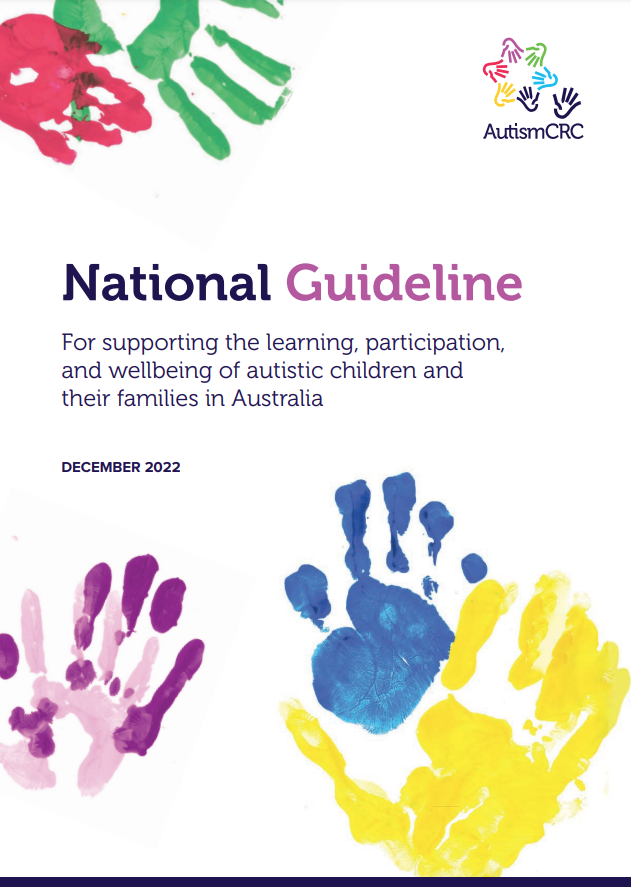Search
Showing results for "autism"
Helen Mohammed Leonard Junaid MBChB MPH BDS, MDS, MFDS RCPS (Glasg.), DDPH RCS (Eng) Principal Research Fellow Honorary Team Member +61 419 956 946

Autism researcher Professor Andrew Whitehouse was on 720 ABC Perth yesterday taking questions on child health.

Honorary Research Associate

Research Assistant; PhD Candidate

General Manager, CliniKids
Helen Leonard MBChB MPH Principal Research Fellow +61 419 956 946 helen.leonard@thekids.org.au Principal Research Fellow Areas of research expertise

Inklings Practitioner

Speech Pathologist

Learn more about the TOTS Study at CliniKids

CliniKids has partnered with Autism CRC to deliver an online self-paced short course which explores the Recommendations included within the National Guideline for supporting the learning, participation, and wellbeing of autistic children and their families in Australia.
